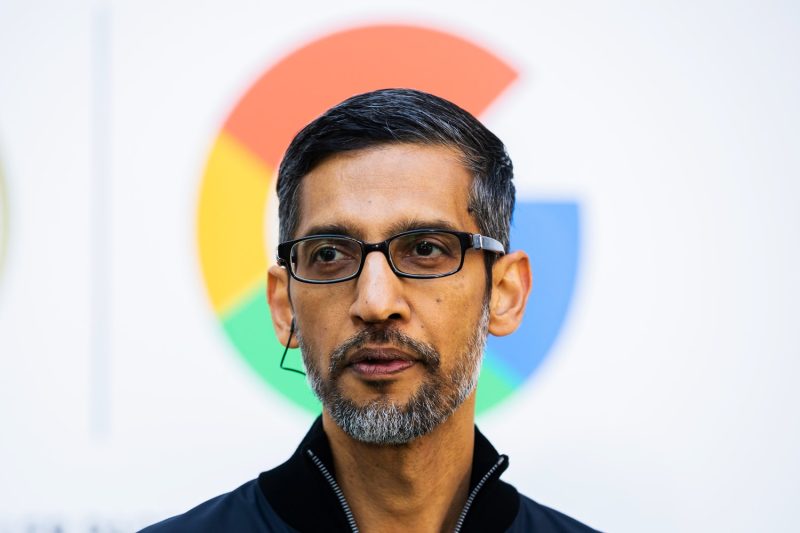In the wake of the landmark antitrust ruling against Google, legal experts and policymakers are turning their attention to the 25-year-old Microsoft case for insights and answers. The parallels between the two cases are hard to ignore, sparking discussions about the implications of the ruling on Google’s business practices and the broader tech industry as a whole.
One of the key similarities between the Google antitrust case and the Microsoft case is the dominance of these tech giants in their respective markets. Both Google and Microsoft have been accused of leveraging their market power to stifle competition and harm consumers. The focus on monopolistic behavior and anti-competitive practices in both cases raises important questions about the role of regulation in shaping the tech industry and ensuring fair competition.
The Microsoft case, which began in the late 1990s and lasted for several years, resulted in a landmark settlement that imposed restrictions on the company’s business practices. These restrictions were aimed at promoting competition and preventing Microsoft from engaging in anti-competitive behavior. The case set a precedent for how antitrust law could be applied to the tech industry and has had a lasting impact on the regulatory environment for tech companies.
Now, as legal experts and policymakers examine the implications of the Google antitrust ruling, they are looking to the Microsoft case for guidance on how to move forward. The precedents set by the Microsoft case, including the focus on protecting competition and innovation in the tech industry, are likely to influence the ongoing debate around regulating big tech companies like Google.
One of the key challenges in applying antitrust law to tech companies is the fast-paced and ever-evolving nature of the industry. Technology companies operate in a dynamic environment, where market conditions can change rapidly, making it difficult to apply traditional antitrust principles effectively. The complexities of the tech industry pose unique challenges for regulators and underscore the need for a nuanced and forward-thinking approach to antitrust enforcement.
As the Google antitrust case unfolds and legal experts draw parallels to the Microsoft case, it is clear that the tech industry is at a critical juncture. The outcome of the case and the subsequent regulatory actions could have far-reaching implications for how tech companies operate and compete in the future. By learning from the lessons of the past and adapting antitrust laws to the realities of the modern tech landscape, regulators can help ensure a level playing field for all companies and foster innovation and competition in the tech industry.

